Articles Management of Chronic Shoulder Injuries
Chronic shoulder injuries are very common amongst the general population. There can be multiple causes however, many principles of management overlap.
In general sore shoulders do not like:
- repeated/prolonged hand over head activity (i.e. hanging up washing, reaching up for high cupboards)
- repeated/prolonged activities where the elbow is away from the side (i.e. driving, typing on a keyboard)
- sudden movements
- pushing/pulling/lifting in outstretched positions
- sleeping on the sore shoulder
- lifting objects in an over head position (see below)
- lifting objects away from the body (see below)
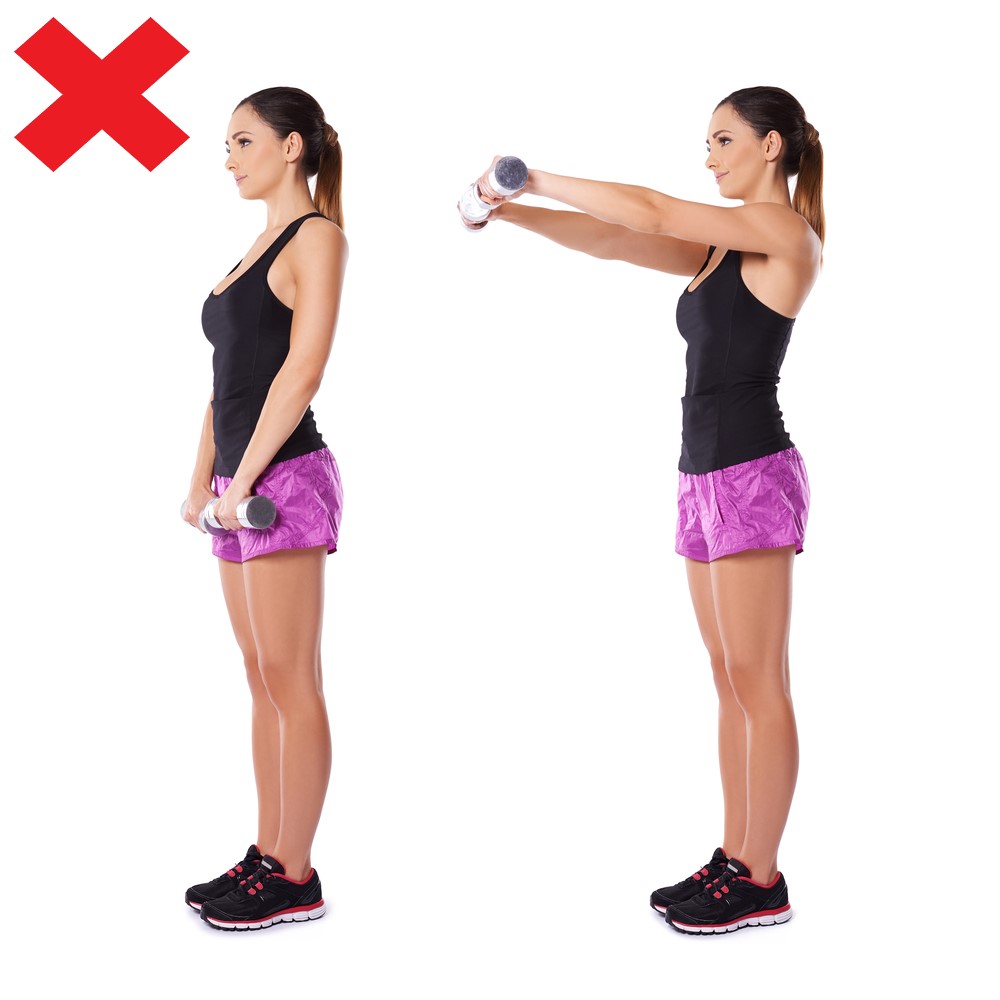
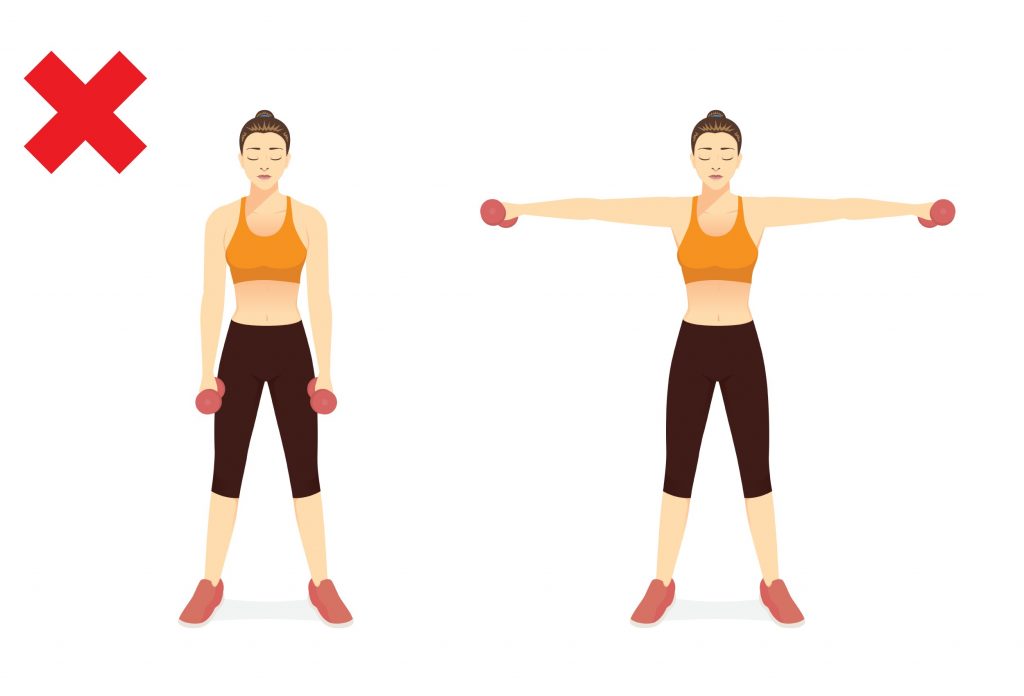
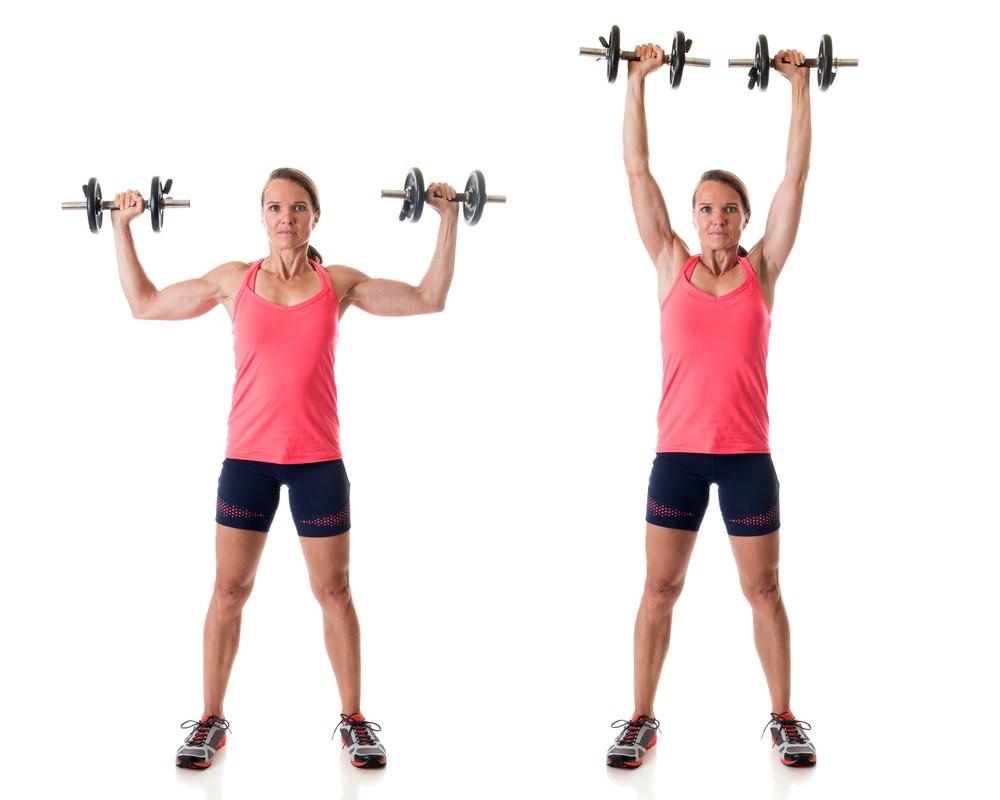
These activities tend to place more strain on the structures of the shoulder. Identifying the activities which exacerbate your shoulder pain and modifying how you perform them can help to lessen your symptoms.
A few quick things to try out include:
- heat packs can help by warming the area and increasing blood flow thereby relieving muscle tension
- posture braces can improve the position of your shoulder blades and take strain off the joints, ligaments and tendons
- taping, specific taping techniques can help to support the ligaments and tendons of the shoulder
- using electrical TENS machines, topical anti-inflammatory gels (i.e. Voltaren) and heat rubs (i.e. Deep Heat) can help to temporarily alleviate symptoms and reduce the need for pain medications
- arm slings are generally used following an acute episode of trauma (i.e. fracture, dislocation) or post surgery (rotator cuff repair). It is not a good long term management strategy as it promotes muscle atrophy and joint stiffness. Prolonged use of an arm sling increase the chances of developing a frozen shoulder.
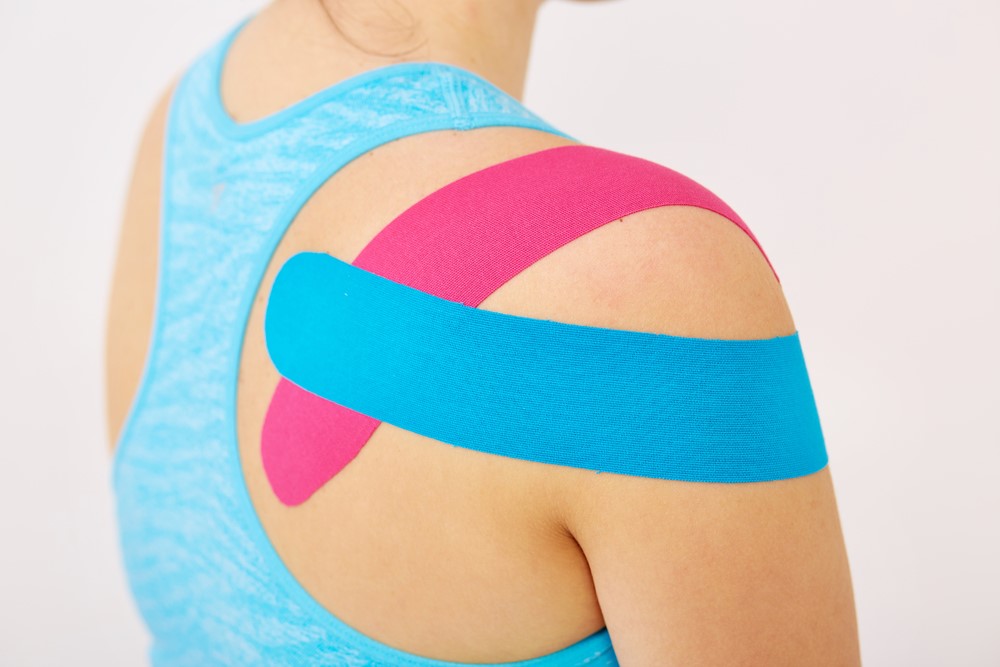
Rest Positions For Chronic Shoulder Injuries
Having a sore shoulder can often make things difficult when trying to sleep, using pillows for support can help.

Exercises For Chronic Shoulder Injuries
A few basic examples have been provided below to get you started. Please note, it is always best to see a health professional to tailor an exercise program for your specific needs.
Stretches
These exercises should be held for at least 20-30 seconds and done frequently through out the day. The goal of these exercises are to lengthen tight muscles to give the joints more movement and improve the position of the shoulder blades.

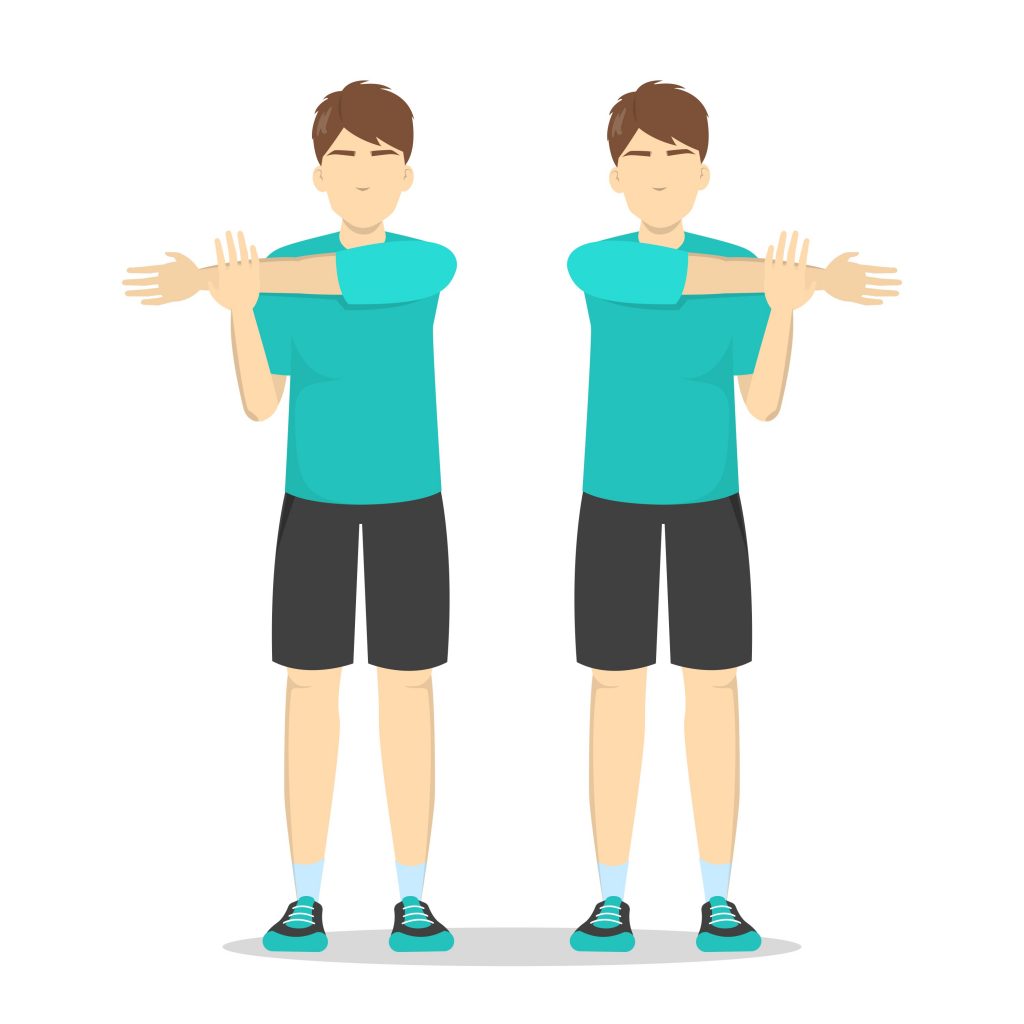
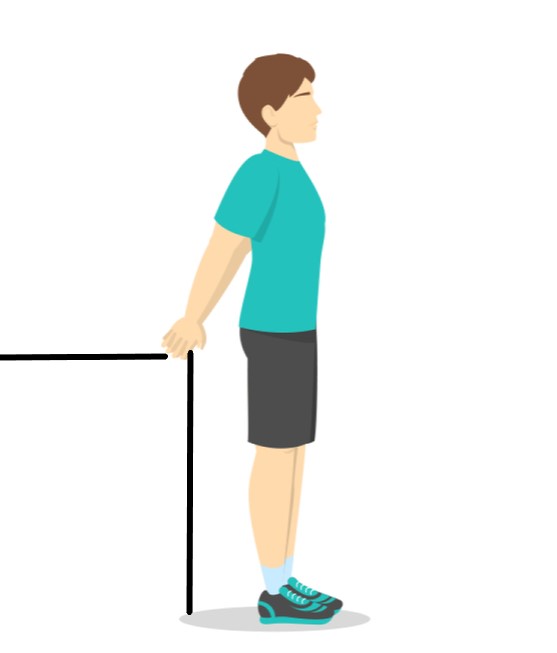
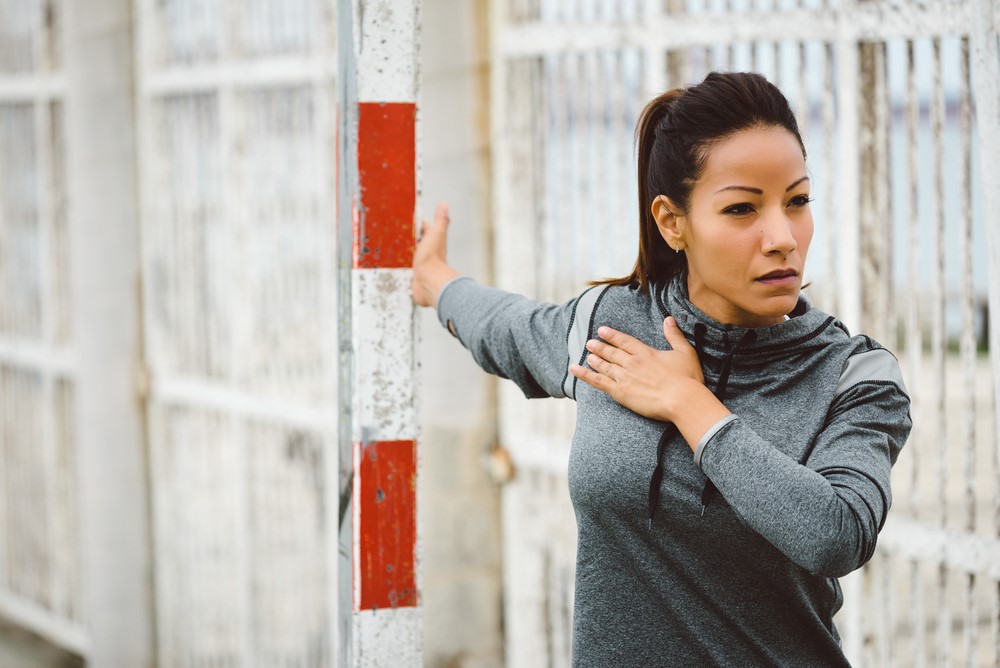
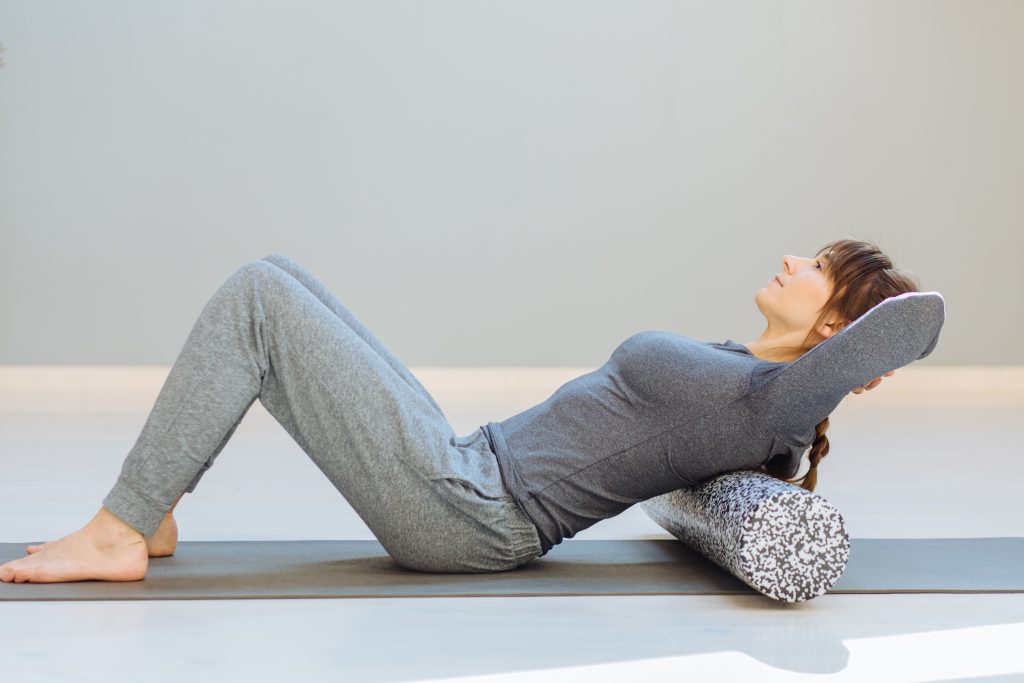
Strengthening
These exercises should be done with a medium/high amount of repetitions (approximately 15-20 repetitions per set) a couple of times per day. Great care should be taken not to overdo things as these exercises can easily aggravate your condition. It is always best to start off small and GRADUALLY build up your repetitions, sets and weights over a period of time.
We are trying to target specific muscles, a few things to remember are:
- try to keep your shoulders down and back, don’t let your shoulders hunch up while exercising (see image below)
- do not go too heavy, the tendons of the shoulders are only small and can be easily damaged
- focus on form, your movements should be slow, smooth and controlled
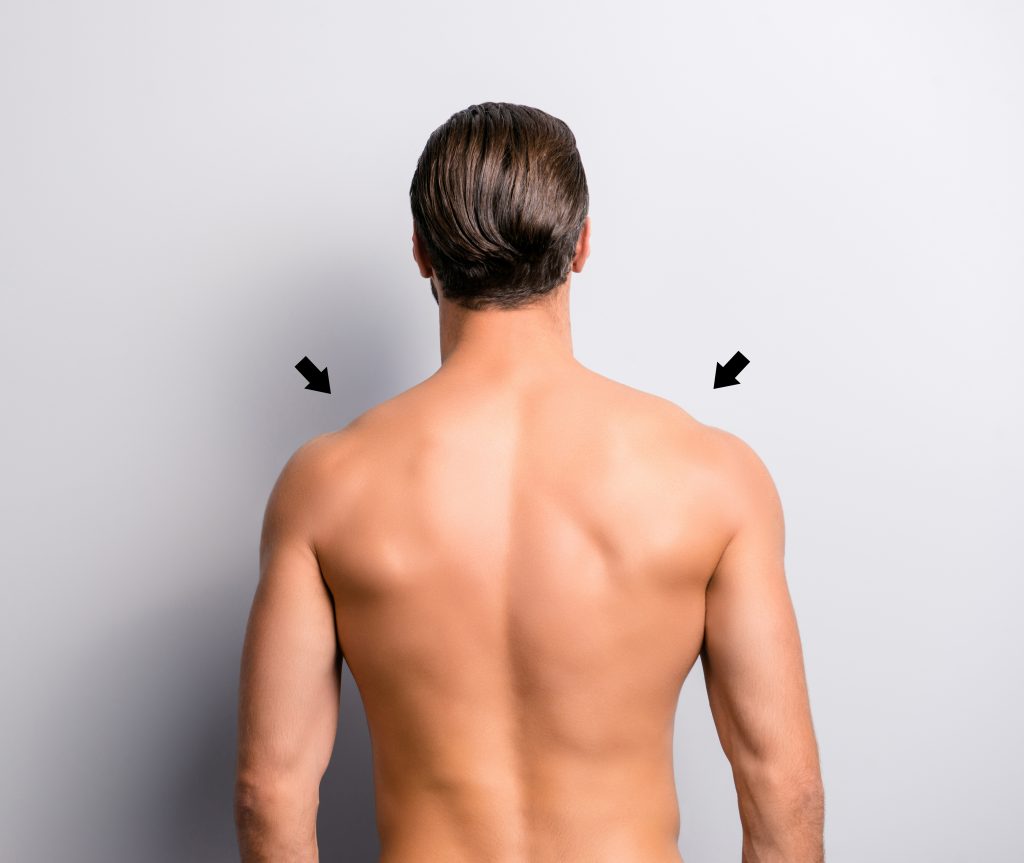
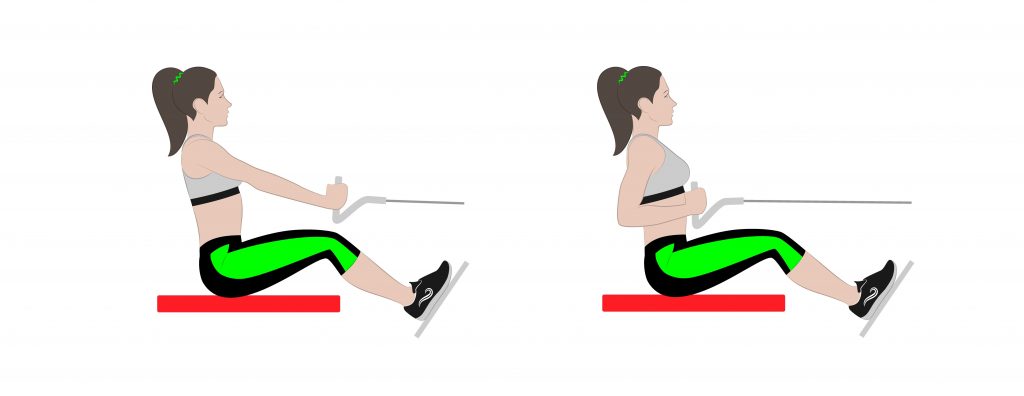
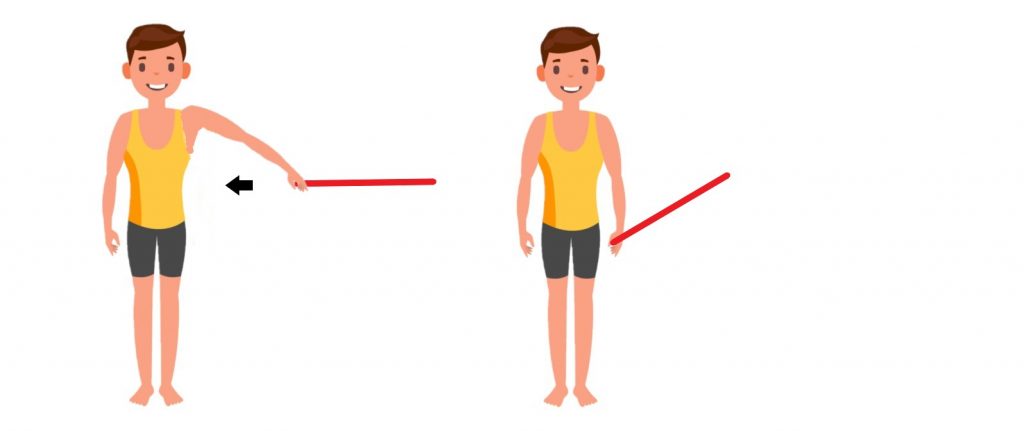
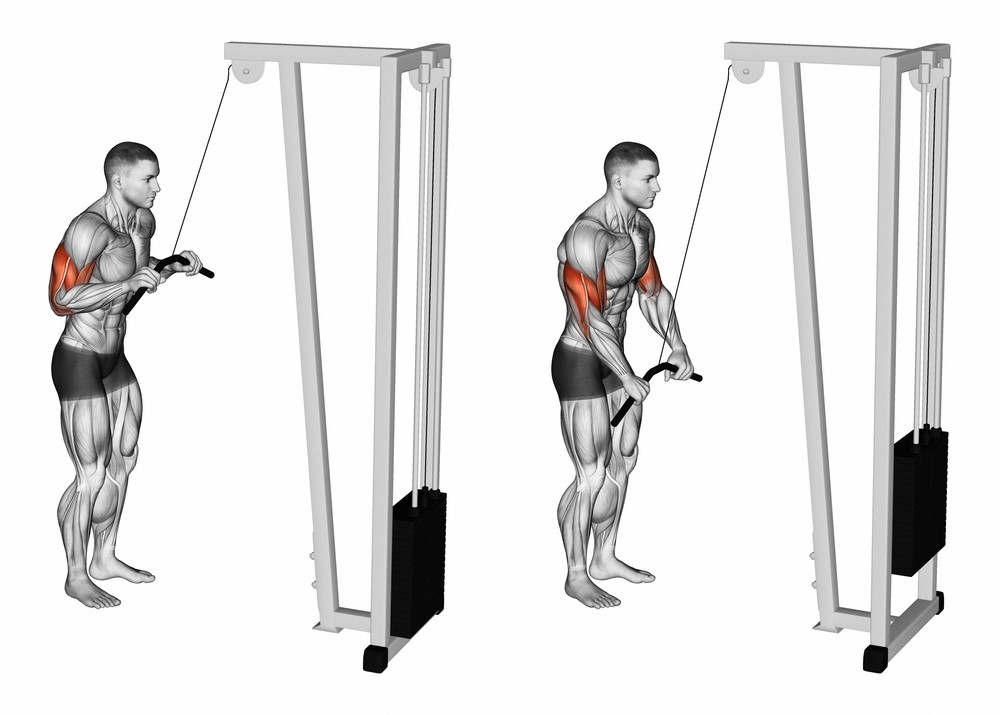
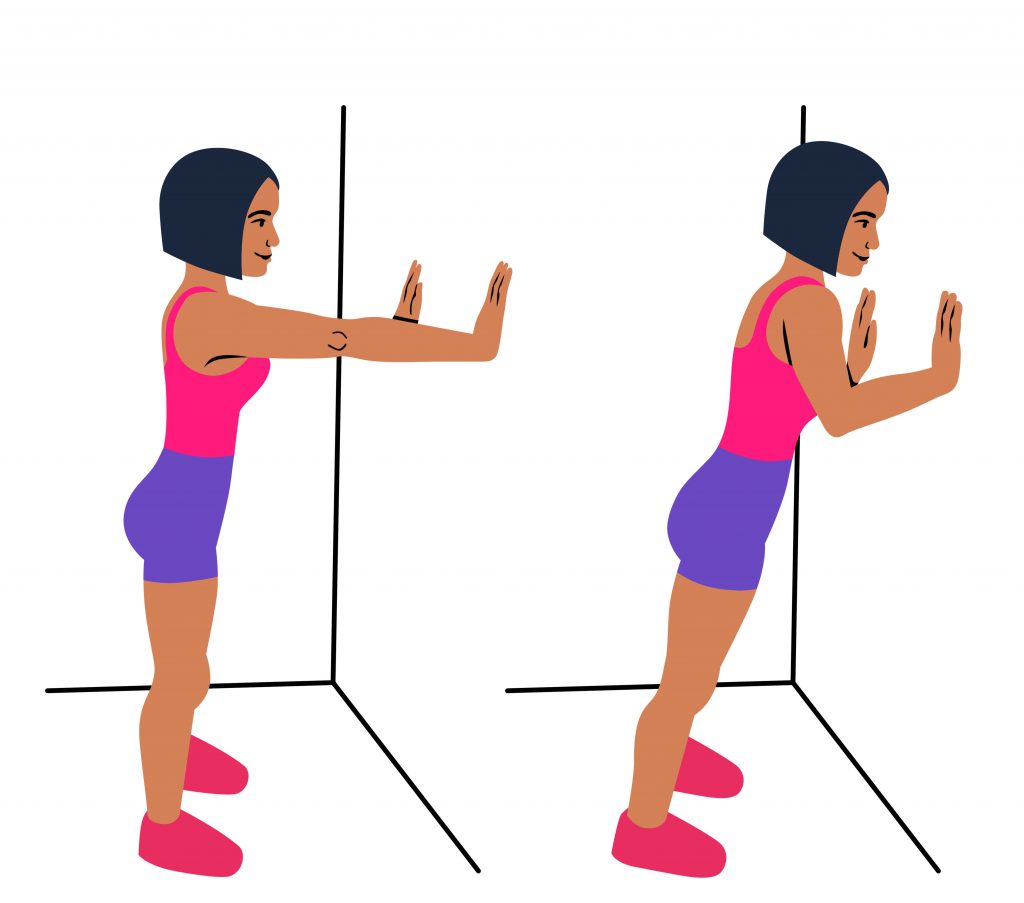
A Few Notes
- It is normal to have some discomfort and pain when commencing a new exercise routine
- Start off small and build up gradually, you can cause more problems if you progress your exercises too quickly
- Break up your exercises, don’t try to do everything on one day
- Exercising in a swimming pool can be good for people with advanced symptoms
- If any of the above exercises significantly exacerbate your symptoms please cease the exercise and seek advice from a health professional
Please keep in mind the information provided is general in nature and should not be used as a substitute to consult your treating health professional. If you have any specific questions or require assistance with your individual treatment requirements please do not hesitate to contact MyFamily Physio Mona Vale, Northern Beaches Sydney.
Related Articles
- Biceps Tendon Injuries
- Rotator Cuff Injuries
- Shoulder Dislocations
- Shoulder Impingement
- Management of Chronic Shoulder Injuries